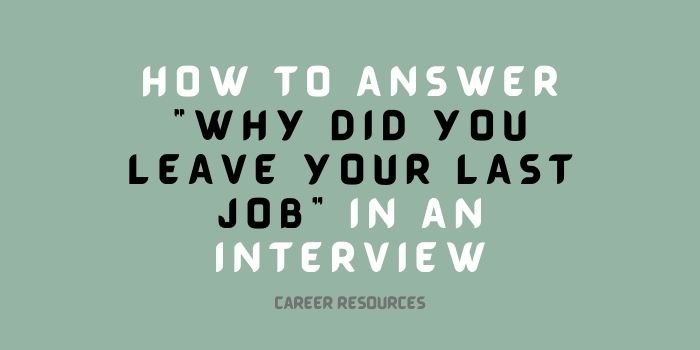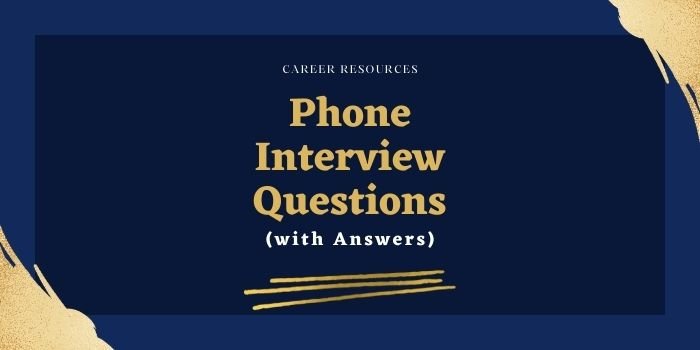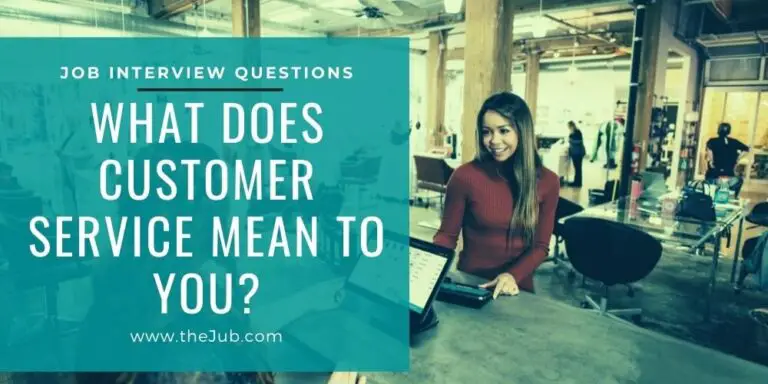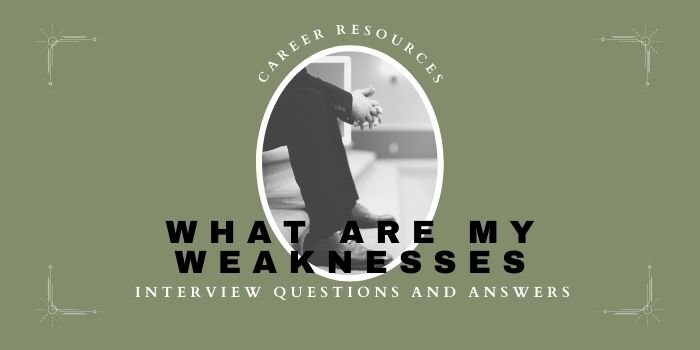How to Answer: Tell Me About a Time You Failed (with Examples)
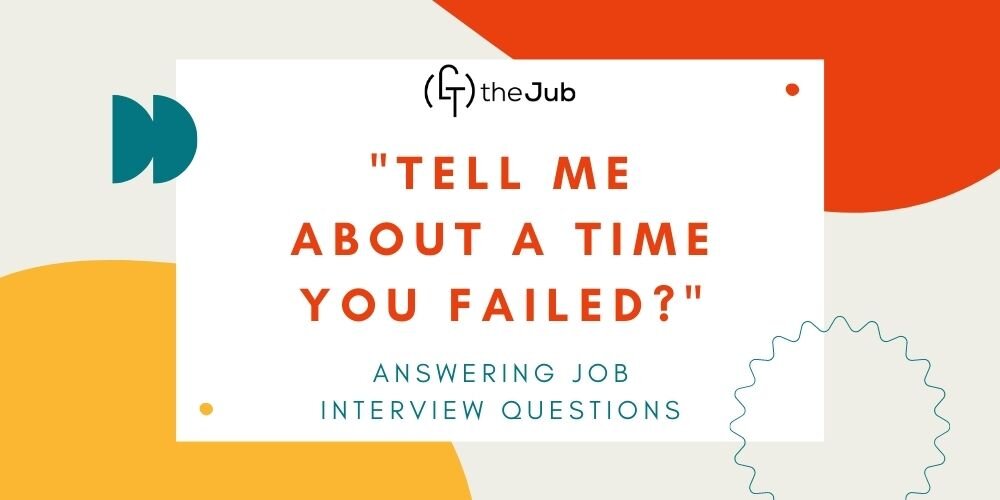
Tell Me About a Time You Failed
Nearly everyone would agree that the purpose of a job interview is for you, the prospective employee, to impress the hiring director or manager and sell them on the idea of working with you. Naturally, this means you want to leave them with a great impression during the interview.
One of the questions you will likely have to win over their hearts with is, “Tell me about a time you failed.”
The goal of this question is not to make you squirm or put you in a position in which you’ll belittle yourself. There’s a reason for asking it as often as they do, which we will cover in this article (with example responses).
Questions Answered:
- Why do employers ask this question during an interview
- How to answer “Tell me about a time you failed” interview question
- “Tell me about a time you failed” sample answers
Why Do interviewers Ask this Question?
The primary reason employers ask for more information about a time you failed is that it shows your humility and willingness to learn from mistakes.
By answering the question, you show that you can reflect on previous decisions and admit to your mistakes. We all know that everyone makes mistakes and fails once in a while. The ability to recognize that shows character.
In a work setting, acknowledging your past failures demonstrates your capacity to learn from your mistakes and grow. It shows your humility and willingness to develop as a person.
This question is an opportunity to tell an anecdote about how you faced your failure and moved beyond it.
How to Answer the “Tell Me About a Time You Failed” Interview Question
Compared to other hiring questions that people often find unpleasant to answer, such as “Tell me about your shortcomings as an employee,” this one is not so bad.
The hiring manager wants to see humility and reflection and the ability to own up to the mistakes you have made before. Here’s how to go about formulating your answer:
1. Describe the Situation
It is essential to go about this in a manner that does not make it sound like you are making excuses for what happened but instead painting a picture of the scenario.
Mention all facets of how your failure occurred.
Once you set it all up, you can flip all the problems you mentioned by demonstrating how you learned and improved from this experience.
2. Show Accountability
Make it clear that you recognize your failure resulting from your actions, and use that as a springboard to talk about all of the ways you have improved since then. Nobody likes a know it all!
3. Demonstrate All of the Lessons Learned From Experience
Build off your anecdote by covering everything you learned and how you have applied the learned skills and experiences since the failure happened. Consider practicing the story you want to tell to get it right.
4. Tell a Clear, Correct, Concise, and Complete Story
Another reason to practice the story is to ensure that you stay on track while telling it. The hiring manager asked the question to achieve a goal, and they have other questions to ask you. Be careful not to waste time.
5. What To Avoid
As covered above, it is vital to keep your answer organized and concise.
Avoid telling a story that makes you sound careless, apathetic, or actively negligent. Even if your endpoint is about how you learned from your mistakes, these traits sound wrong to a hiring director, no matter the context.
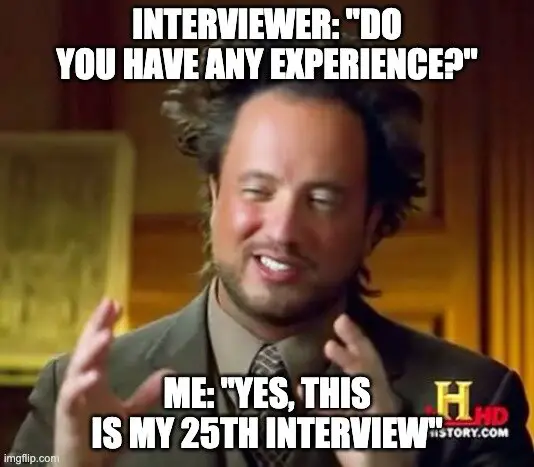
Related Articles:
- Free Resume Review
- Job Interview Timeline (Infographic)
- How to Prepare for a Video Interview
- How to Negotiate Salary Over the Phone
tell me about a time you failed sample answers
Sample #1
- “I was in charge of a project for one of my former company’s senior clients. I was so eager to stand out at the time that I said I could get it done in 2 weeks. I thought I could, but it took 3. It made me and the company both look bad. Looking back, I know I should have given a more conservative estimate to the client and impressed them by taking less time than I promised. I never let that happen again.”
- Takeaways: There is a lot to like about this first example. First of all, the failure in question is something that is both understandable and easily mendable. Yes, it looked terrible at the time, but any hiring director would see that it came from a place of tenacity and eagerness rather than apathy.
Sample #2
- “The CEO at my previous employer gave me a chance to conduct interviews for our team. One of the people I hired seemed like a good fit but had a few red flags I still didn’t think about. Maybe they were just nervous. Regardless, they ended up not working out. The person had a bad attitude and constantly dragged the team down. In the end, my CEO had to fire them. That was the day I learned to go with my gut in the interview room and not to ignore warning signs.”
- Takeaways: In addition to cultivating a sense of kinship with the hiring director by showing you understand their position, this second example also demonstrates the sort of mistake that shows your strengths more than your weaknesses. You were presented with a situation you felt confident about. You were wrong, but you learned from your mistake; it is the classic hero’s journey.
“Since the beginning of the pandemic, roughly 86% of recruiters have been conducting virtual interviews.”
— Gartner
Frequently Asked Questions (FAQ)
What is the most common type of job interview?
Although video-related job interviews have exploded over the last few years, the most common type of job interview is still a one-on-one conversation between a job candidate and a representative of the company, usually a hiring manager or a human resources professional.
This type of interview is often called a “behavioral interview,” as it focuses on the candidate’s past behaviors and experiences and how they might approach problem-solving and decision-making on the job. Other common types of job interviews include panel interviews, where the candidate meets with a group of interviewers, and phone or video interviews, which are conducted remotely.
Wrapping Up | Tell Me About a Time You Failed
When you finish your story, rather than simply telling the hiring director what you learned from your experience, give an example of it as well. Connect what you learned to requirements and responsibilities of the new job.
Doing this shows that you are not all talk, and it solidifies all of the things they are trying to see—the things you are trying to prove. To recap our five steps in answering this question:
- Describe the situation
- Show accountability
- Demonstrate the lessons learned
- Tell an accurate story
- Avoid being careless
We hope this helps – good luck with your next interview!
Title: Best Ways to Answer “Tell me about a time you failed” Interview Question
Category: the Interview
Tags: tell me about a time you failed, interview questions, what is your greatest failure, tell me about a time you failed sample answers, time you failed examples, a time you failed interview question
Author: Reid is a contributor to theJub. He’s an employment and marketing enthusiast who studied business before taking on various recruiting, management, and marketing roles. More from the author. | Author Profile


